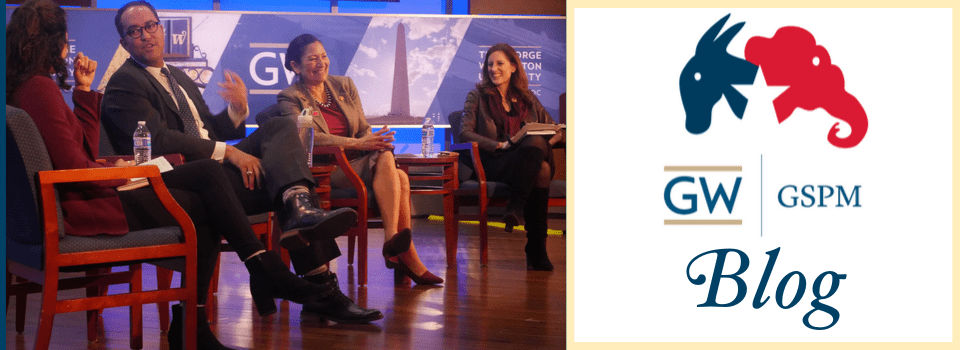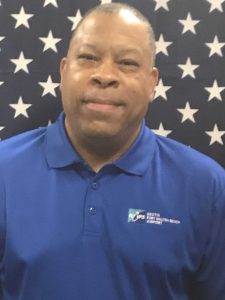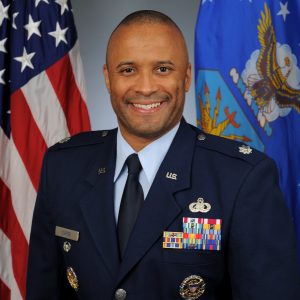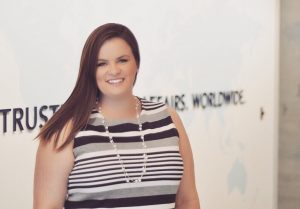Check out a review of GSPM Strategic Public Relations Program Director Larry Parnell and GSPM Prof. Janis Teruggi Page's new book, Introduction to Strategic Public Relations: Digital, Global, and Socially Responsible Communication.
In their often-cited article from the first edition of the International Journal of Strategic Communication journal, Hallahan, Holtzhausen, van Ruler, Verčič, and Sriramesh (2007) define strategic public relations as “the purposeful use of communication by an organization to fulfill its mission” (p. 3). Like Hallahan et al.’s, hundreds of scholarly articles as well as books and textbooks have been written on the subject, analyzing it from a variety of perspectives, including internationally. Page and Parnell’s book, SAGE Publications first foray into the topic, does manage to stand out from the crowd, by offering interesting, current information with a hands-on approach.
Page and Parnell, who both teach at George Washington University (GWU), carry with them years of professional experience in the field, and are still partners in PR consulting firms, bring their know-how and background to a book that is openly meant for an introduction public relations class. Backed by renowned scholars in the field, such as Donald K. Wright and Don W. Stacks, the book is loyal to its subtitle, as it devotes quite a few of its hundreds of pages to discussing how globalization and also technology, including social media, have changed public relations. More than anything, though, the book includes the overarching theme of the “social responsibility” public relations professionals have.




